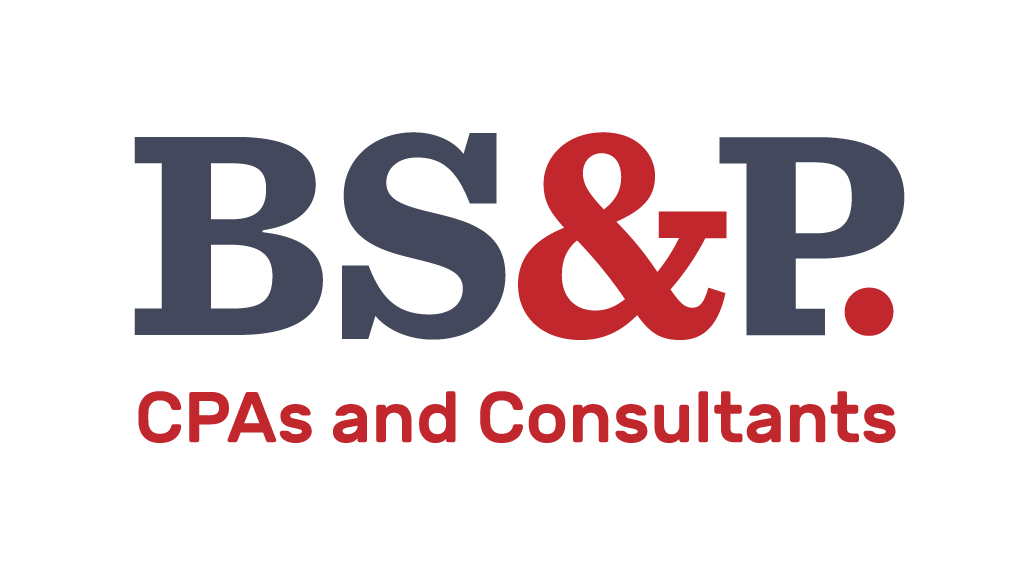The IRS recently announced many inflation adjustments for the 2023 tax year. IRS Revenue Procedure 2022-38 provides details about these amounts. Because inflation is high, many of the amounts for 2023 will change more than they have in recent years. Here are some of the tax amounts for 2023, as compared with 2022.
|
Tax Item |
2023 |
2022 |
| Highest tax rate of 37% |
Will affect singles with income exceeding $578,125 ($693,750 for married taxpayers filing jointly). | Affects singles with income exceeding $539,900 ($647,850 for married couples filing jointly). |
| Standard deduction | Will increase to $13,850 for single taxpayers, $27,700 for married couples filing jointly, and $20,800 for heads of household. | $12,950 for single taxpayers, $25,900 for married couples filing jointly, and $19,400 for heads of household. |
| Personal exemption | $0* | $0* |
| Alternative minimum tax exemption | $81,300 ($126,500, for married couples filing jointly). | $75,900 ($118,100, for married couples filing jointly). |
| Estates | Decedents who die during 2023 will have a basic exclusion amount of $12.92 million. | Decedents who die during 2022 have a basic exclusion amount of $12.06 million. |
| Annual exclusion for gifts | The first $17,000 of gifts to any person (other than gifts of future interests) aren’t included in the total amount of taxable gifts. | The first $16,000 of gifts to any person (other than gifts of future interests) aren’t included in the total amount of taxable gifts. |
| Foreign earned income exclusion | $120,000 | $112,000 |
| Gifts to non-U.S. citizen spouse | The exclusion from tax on a gift to a spouse who isn’t a U.S. citizen will be $175,000. | The exclusion from tax on a gift to a spouse who isn’t a U.S. citizen is $164,000. |
| “Kiddie Tax” | Amount used to reduce the net unearned income reported on a child’s return that’s subject to the kiddie tax will be $1,250. | Amount used to reduce the net unearned income reported on a child’s return that’s subject to the kiddie tax is $1,150. |
| Flexible spending arrangements (FSAs) | The annual limit on employee contributions to employer-sponsored health FSAs will increase to $3,050. If the cafeteria plan permits the carryover of unused amounts, the maximum carryover amount is $610. | The annual dollar limit on employee contributions to employer-sponsored health FSAs is $2,850. If the cafeteria plan permits the carryover of unused amounts, the maximum carryover amount is $570. |
| Qualified Transportation Fringe Benefit | For tax years beginning in 2023, the monthly limit for the qualified transportation fringe benefit and the monthly limit for qualified parking is $300. | For tax years beginning in 2022, the monthly limit for the qualified transportation fringe benefit and the monthly limit for qualified parking is $280. |
In addition, the Social Security Administration announced that the Social Security wage base (the amount of earnings subject to taxation) will increase to $160,200 in 2023 (up from $147,000 in 2022). This threshold means that if you earn more than $160,200 in 2023, you won’t pay Social Security tax on the amount above that.
* The personal exemption was eliminated by the Tax Cuts and Jobs Act from 2018 to 2025.
